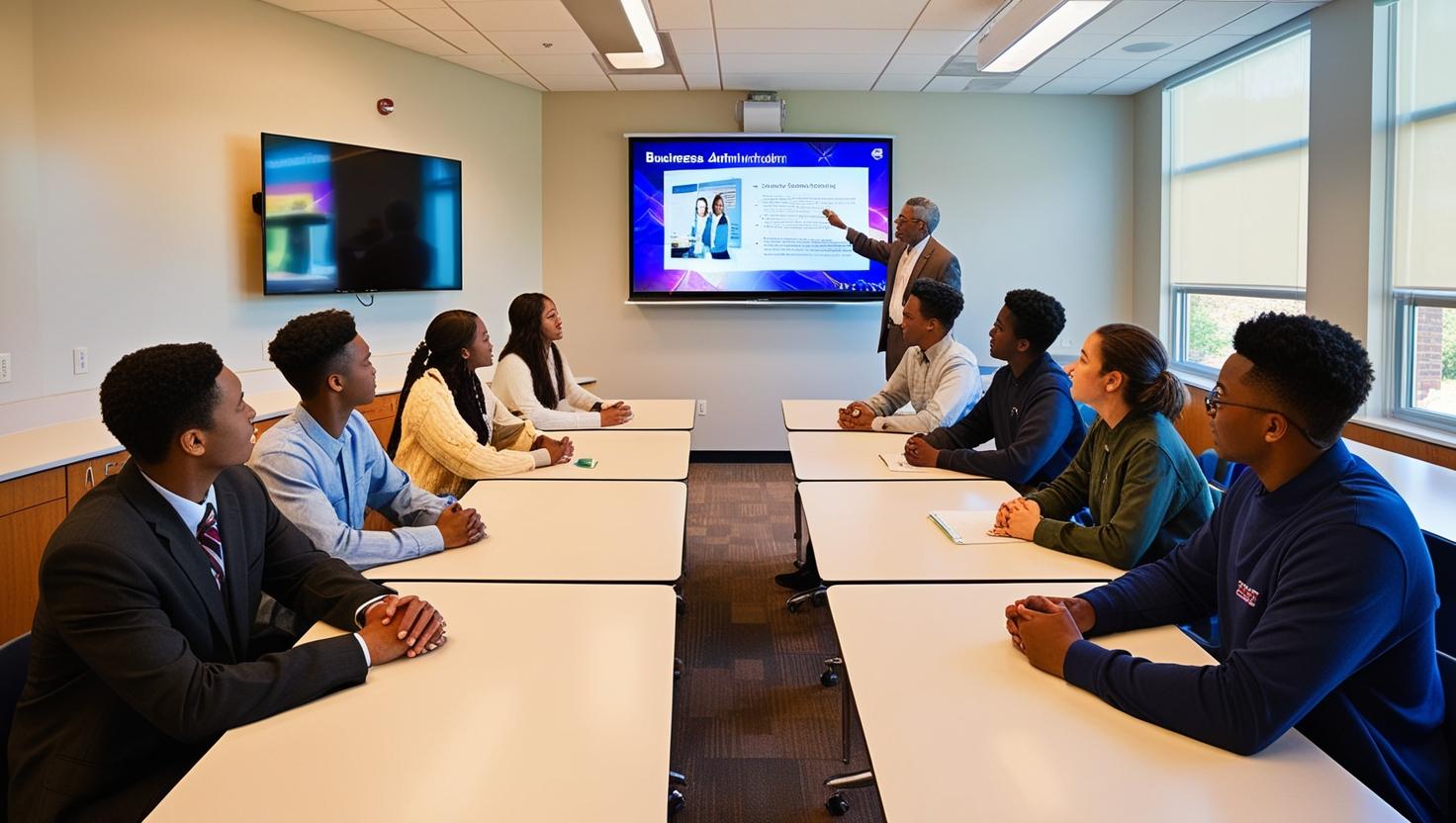While four-year universities are traditionally believed to outperform community colleges, new research highlights that the contrary is often true. With the evolution of revolutionary and competitive community college programs across the country, these institutions are providing students with more financially reasonable, convenient, and equitably challenging academic experiences.
Class Size and Student-Teacher Interaction
In his study of community colleges, Kevin Carey surveyed students from both community colleges and four-year universities. Carey reached the steady conclusion that community college students consistently reported classroom experiences of greater interaction, discussion, and one-on-one opportunities, versus university survey results. According to his research, over 2/3 of community college students engage in class discussions by asking questions and interacting; on the contrary, only of polled university students reported this experience. Continuing, surveys revealed that community college students received more prompt feedback from professors, in addition to reporting more opportunities for student and professor interaction.
This video illustrates the differences between community colleges and four-year colleges.
Indeed, community colleges tend to have smaller class sizes, which naturally lend to greater interaction between students and teachers. In contrast, many universities, especially public ones, have larger auditorium class sizes, prompting some students to feel disconnected from their professors.
Academic Challenges and Comparisons
Also found through his educational surveys, Kevin Carey reports that most significantly, the academic challenges of the studied community colleges prove to























